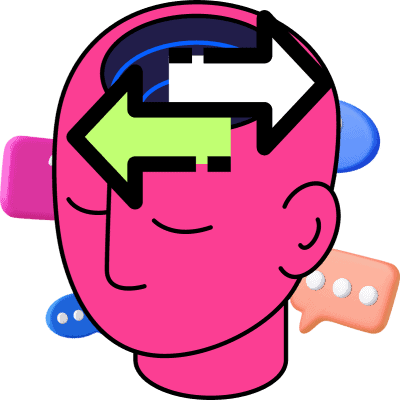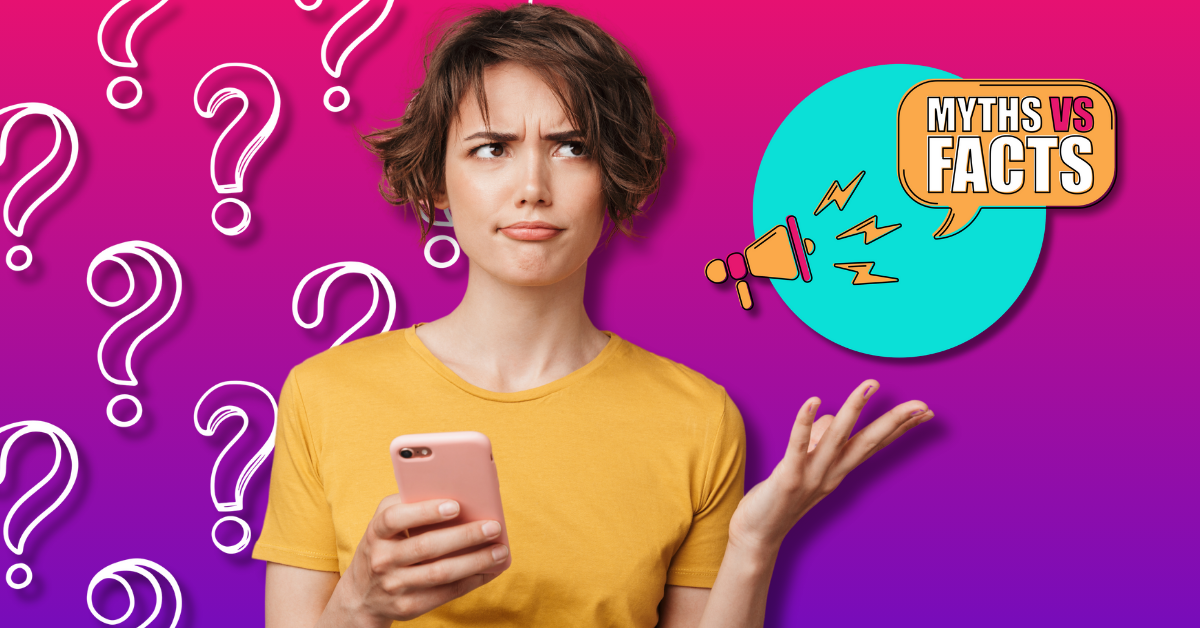Welcome to our cozy little love corner of the internet, where we dish about all things love and relationships. Today, we’re delving into a topic that’s often misunderstood: connection vs chemistry. You might have heard these terms bandied around a lot, but what do they really mean? And why is it important to know the difference, especially in romantic relationships? You’d be surprised!

Chemistry: That Spark and Sizzle
Let’s start with chemistry. Say you meet someone and BLAMMO! There’s that instant thing. Your heart races, your palms get sweaty like Eminem, but there’s no mom’s spaghetti (sorry, we had to), and you feel an invisible magnetic pull toward this person. That’s chemistry. It’s physical, intense, and all about attraction. It’s like your body goes into overdrive, and there isn’t much you can do about it except explore it or try to ignore it; good luck with that!
Anthropologist Dr. Helen Fisher explains that romantic love, which includes chemistry, “Can be broken down into three categories: lust, attraction, and attachment. Each category is characterized by its own set of hormones stemming from the brain.
“Though there are overlaps and subtleties to each, each type is characterized by its own set of hormones. Testosterone and estrogen drive lust; dopamine, norepinephrine, and serotonin create attraction; and oxytocin and vasopressin mediate attachment.”

Connection: The Deeper Bond
Now, let’s talk about connection. This is the emotional bond you form with someone. It’s about feeling understood, valued, and comfortable with them. Connection is more of a slow burn–it might not be as hot and bright as chemistry, but it’s warm, steady, and can outlast chemistry by a mile.
Recent research has shifted our understanding of adult attachment needs, showing that wanting deep connectedness with a partner is a healthy and integral part of our adult operating system.
According to Psychology Today, “It seems that wanting deep connectedness with a partner is not a sign of immaturity, weakness, or (the dreaded) codependency. Instead, studies show our emotional needs are an integral and healthy part of our adult operating system and compel us to create secure attachments. This is important because loneliness can be as detrimental to our health as obesity or smoking 15 cigarettes a day.”
Sue Johnson’s Emotionally Focused Therapy (EFT) model and her book “Hold Me Tight” highlight the importance of trust and emotional support in romantic relationships, stating the need to “Trust their partner has their back and will come when called. Basically, to attach.”

So, Why the Confusion?
Why exactly do people confuse chemistry and connection so easily? Well, in the early stages of a relationship, it’s easy to get swept away by the intensity of chemistry. It feels all-consuming and passionate, so we can often mistake it for a deeper connection.
But here’s the catch: Chemistry can be, and often is, fleeting. It’s like a four-alarm fire—it burns super hot and will eventually die out, either from the firefighters showing up or on its own. Without a solid connection to back it up, relationships based solely on chemistry probably won’t stand the test of time. But hoo boy, are they fun while they last!

The Balancing Act
The perfect scenario in a romantic relationship is to have both chemistry and connection. They complement each other—chemistry keeps things exciting and passionate, while connection provides depth and stability.
Think of it like a gymnast’s floor routine—chemistry is the music that gets them moving, but the connection is the carefully choreographed movements that keep you in sync with the chosen song, a la your romantic partner. When both are balanced, it’s a 10 out of 10 from the judges.

Signs of Chemistry and Connection
So, how do you know if you have chemistry, connection, or both with someone? Here are some telltale signs:
- Chemistry: You feel an instant physical attraction. Conversations are filled with flirtation, and there’s an undeniable sexual tension.
- Connection: You feel emotionally safe and understood. You share similar values, and conversations flow organically—there is no awkwardness.

Knowing the Differences between Connection vs Chemistry
Understanding the differences between connection vs chemistry is really important for a few reasons:
- Realistic Expectations: Recognizing that chemistry isn’t the same as a deep connection helps set realistic expectations in your love life. It reminds you that the initial rush might not be enough for a lasting relationship.
- Better Choices: When you understand what truly matters in a relationship, you make better choices. You look beyond physical attraction and seek someone who shares your values and goals.
- Long-term Happiness: Focusing on both chemistry and connection leads to more fulfilling, longer-lasting relationships. It’s a balance that keeps the spark alive while building a strong foundation.
Takeaways
In the land of romance, understanding the subtle nuances between chemistry and connection is like learning the language of love (we know, that’s cheesy, but it doesn’t make it any less true). While chemistry is the electrifying trigger that draws us to someone, the connection is the deeper bond that sustains a relationship for the long term. If you hit the lottery and get a balance of both, you have a match made in heaven.
Remember, love is not just about instantaneous heat; it’s also about the warmth of a steady, burning fire. If you’re looking for a relationship, why not check out our recommended dating apps!




